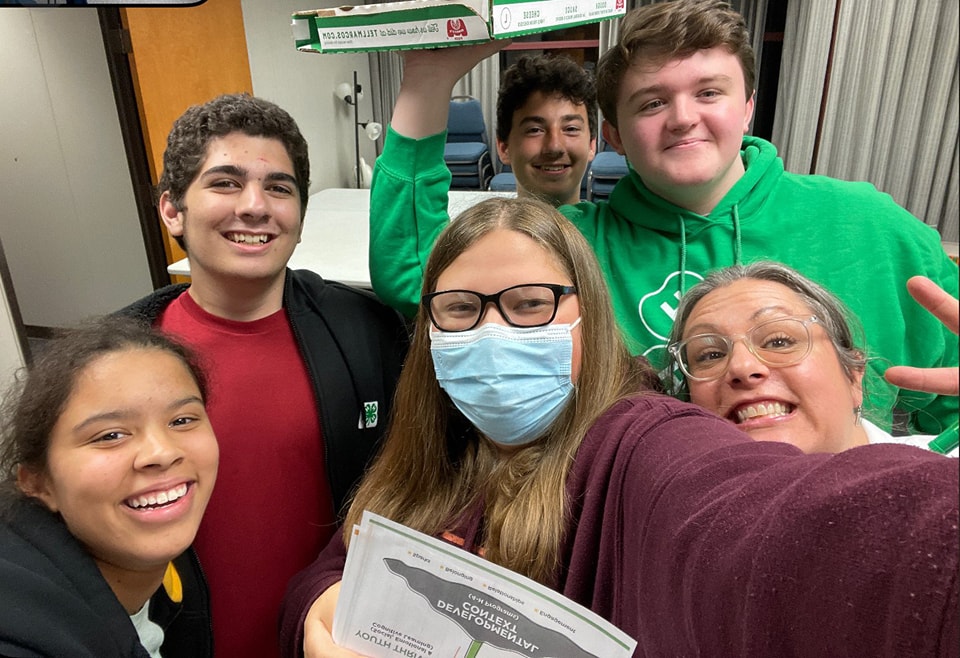
What does it mean to belong? Human beings instinctively feel the need to be connected. Research has shown that loss of belonging has been associated with stress, illness, loneliness, and depression. At some point during our lives, we are told that we belong somewhere or to something such as a family, a school, a job, a neighborhood, a demographic group, or a spiritual fellowship. But what does belongingness really feel like? I asked a group of 4-H agents and 4-H youth that question. For the 4-H agents, belonging felt like appreciation and acceptance. Agents shared some behaviors that led to feelings of belonging such as “a warm smile from an office co-worker, or a “good morning” from a fellow county staffer. Belonging was a ‘vibe’ or a ‘feeling’ of welcome and safety. For a group of 4-H teens, I asked that same question and their answers provided even deeper insight into the concept of belonging. The youth spoke of feeling ‘included’ and ‘having a voice’. They shared that they felt connected to Clemson University and to SC 4-H in a ‘bigger way’ when they got together for summer camps, Junior Teen weekend, State 4-H Congress and other state-wide events.

In the 4-H Thriving model fact sheet on youth program quality, Eccles and Gootman’s (2002) critical principles of a quality youth program include supportive relationships, opportunities to belong, and the integration of family, school, and community. I am always amazed and delighted when research and theory mirror the real-world wisdom shared by 4-H extension agents and the youth they serve. There are many ways to facilitate belonging in 4-H such as saying the pledge together, sporting the 4-h clover on a t-shirt, button, sticker, or ribbon; taking the time to welcome each person to the 4-H club meeting individually, being intentional about the language we use and choosing “our”, “us”, and” we” phrases; sharing our 4-H stories with one another. How are you, as an agent, a classroom teacher, a volunteer, or a caretaker, fostering a sense of unity and belonging in your club?
Belonging takes time. We provide opportunities for shared experiences (camp, field trips, regular meetings), and practice consistency. This gives youth something to look forward to and have a regular time set aside for connection. In SC 4-H we are committed to providing opportunities to belong, growing competencies for belonging, and encouraging motivations and perceptions of belongingness.
Are you interested in belonging to 4-H? Connect with your local county 4-H agent and visit us at https://www.clemson.edu/extension/4h/index.html
Sources:
Eccles, J., & Gootman, J. (Eds.). (2002). Community programs to promote youth development. Washington DC: National Academy Press.
